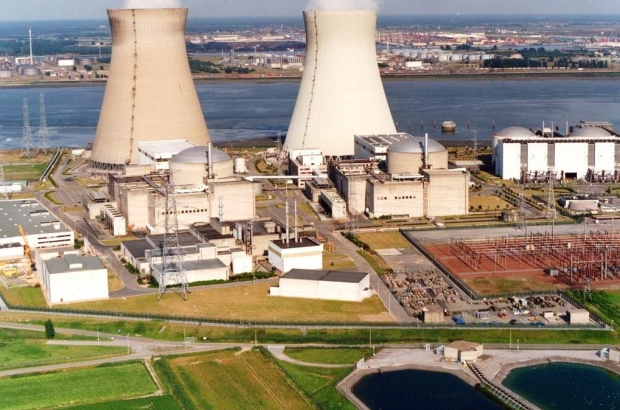- Daily & Weekly newsletters
- Buy & download The Bulletin
- Comment on our articles
Belgium and Germany agree to work together on nuclear safety
Belgium and Germany have signed a deal to exchange information regarding nuclear power plant safety.
Interior Minister Jan Jambon and the German environment minister Barbara Hendricks signed the agreement in Brussels on Monday. Both countries will assemble a commission to meet and share details on a regular basis.
German and Belgian nuclear experts will also now be able to participate in one another’s power plant inspections.
“We know there are questions regarding our plants, particularly in border regions. We want to be fully transparent about our security policy as well as on the elements that form the basis of our decisions,” Jan Jambon told RTBF.
Despite Jambon’s claims that Belgium’s reactors are safe, Germany has repeatedly requested their closure, as has the Netherlands.
The Doel 3 and Tihange 2 reactors have been of particular concern to Germany, particularly the North Rhine Westphalia region, after they were found to contain micro-cracks. Ministers in Aachen even inaugurated a campaign against Belgium’s nuclear policy back in January, after the same Tihange reactor suffered a drop in charge not long after it had been relaunched.
In April, Barbara Hendricks pleaded with Belgium to consider temporarily closing the plants because there were “unanswered questions” about them. Later that same month, Belgium promised to supply citizens with iodine pills in case of a disaster, prompting the Netherlands to do the same for citizens leaving near the Belgian border.
Just a fortnight ago, the Dutch minister for infrastructure and the environment, Melanie Schultz, requested Belgium close the Tihange reactors after an investigation showed that the risk of fusion swelled in the event of a fire. Schultz’s request was denied by Jan Jambon, and she later admitted that the investigation could have been more thorough.
Germany has also very recently supplied its citizens at the border with iodine pills as a precaution against a Belgian nuclear disaster. Germany plans to shut its nuclear power plants by 2022.









